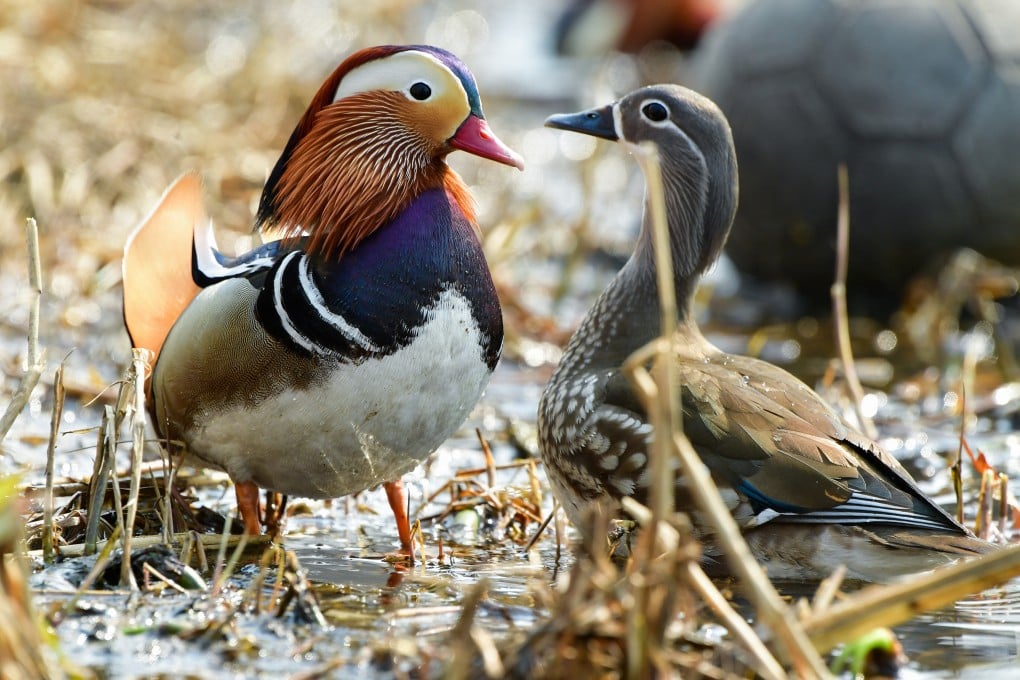Reflections | How mandarin ducks became a Chinese symbol of love
- For Hongkongers, yuen yeung is a drink whereas, in Mandarin, yuanyang is used when eating hotpot
- Yuanyang is also the Chinese name for mandarin ducks, which historically – and mistakenly – were believed to mate for life

There is a popular Chinese-Malaysian dish that features two types of rice noodles: the broad, flat hor fun and the thread-thin mai fun. A starchy gravy containing pieces of pork, seafood, vegetables and eggs is poured over the two types of noodles before serving. This delicious concoction is known as yuen yeung in Cantonese, the common tongue of Chinese-Malaysians living in the Greater Kuala Lumpur conurbation.
In Hong Kong, yuen yeung refers to something very different – a drink that is part coffee and part black tea, combined with lashings of evaporated or condensed milk, and served either hot or iced. Much as I enjoy most items on cha chaan teng menus, I think yuen yeung is a waste of two perfectly good drinks. I tried it once and never again.
The word yuen yeung, or yuanyang in Mandarin, is also used in the hotpot dining experience. A yuanyang pot is partitioned so that diners can enjoy two different types of broths. There are more partitions now and as many as nine varieties of soups are available within one large pot.
In all three instances, the word yuanyang indicates the duality inherent in the object thus named or described: two types of noodles, coffee and tea, two flavours of broths in which you dunk morsels of uncooked food. Its use in a food and drink context, however, is fairly recent.
Yuanyang is the Chinese name for Aix galericulata, or the mandarin duck, where yuan refers to the beautifully plumed male bird and yang the plainer female one. The Chinese believe that mandarin ducks mate for life, a belief that spread to the Japanese, Koreans and Vietnamese, all of whom use the pair of birds to symbolise the love of devoted couples.
Before mandarin ducks were symbols of romantic love, however, they were invoked as representations of fraternal love. In poems written in the 300 years from the 3rd century, mandarin ducks were metaphors to describe a pair of brothers or the bond between them. An early 6th century compilation of prose and poetry contains a poem of farewell written by one brother to another.
